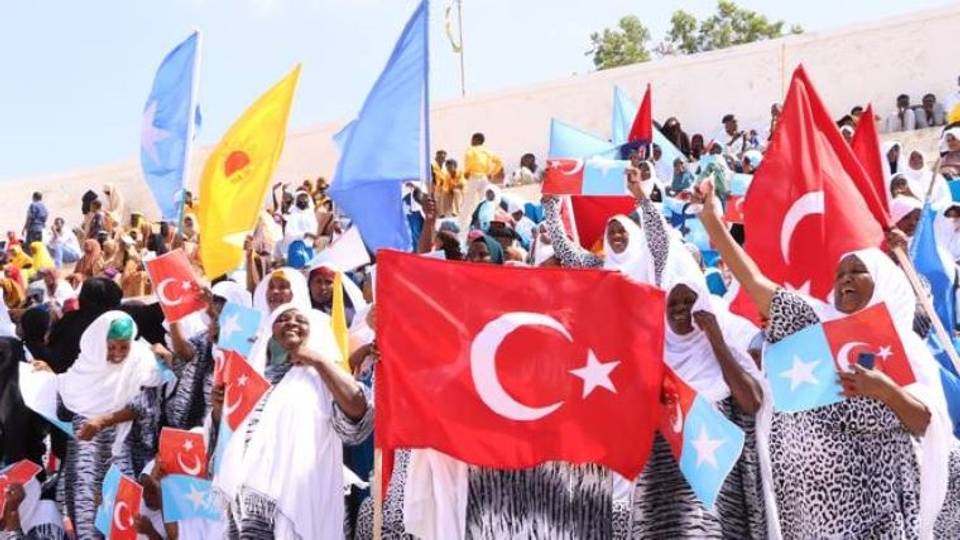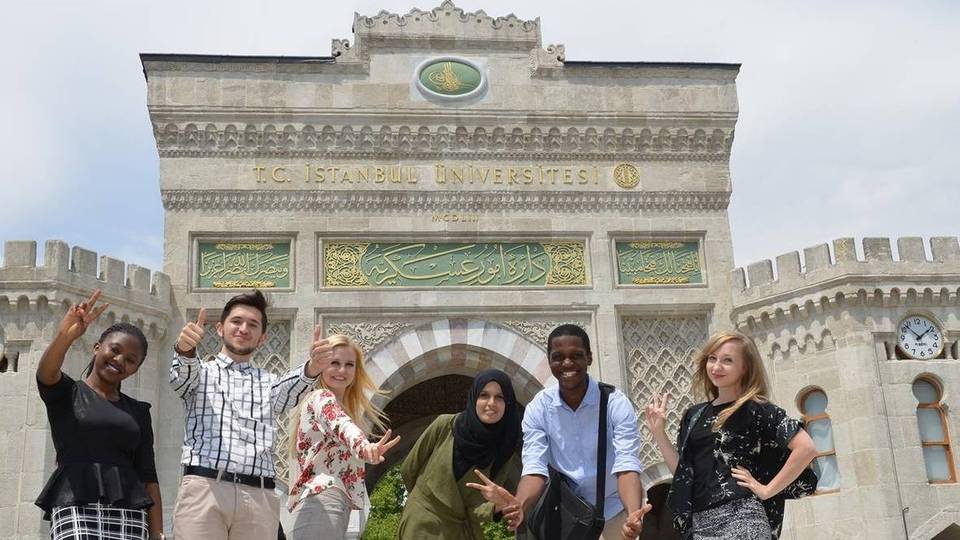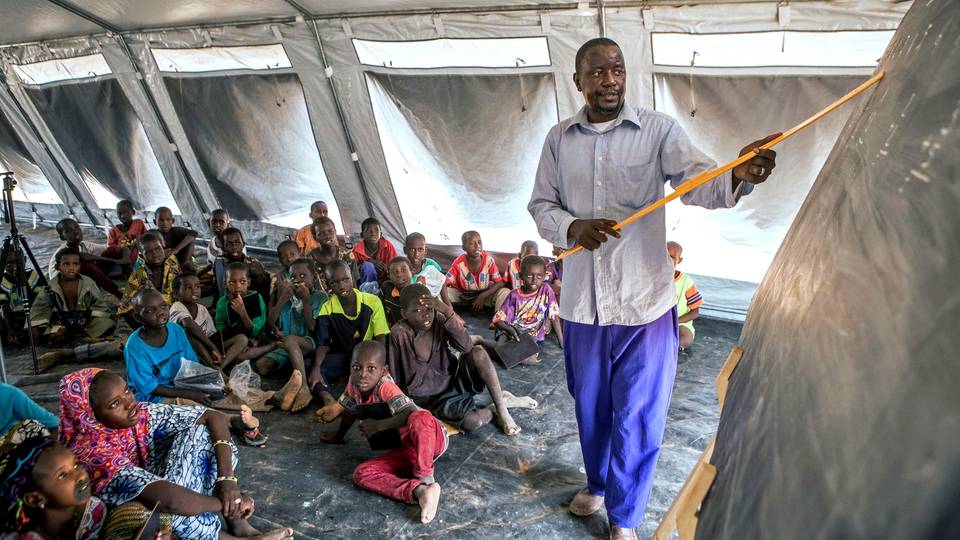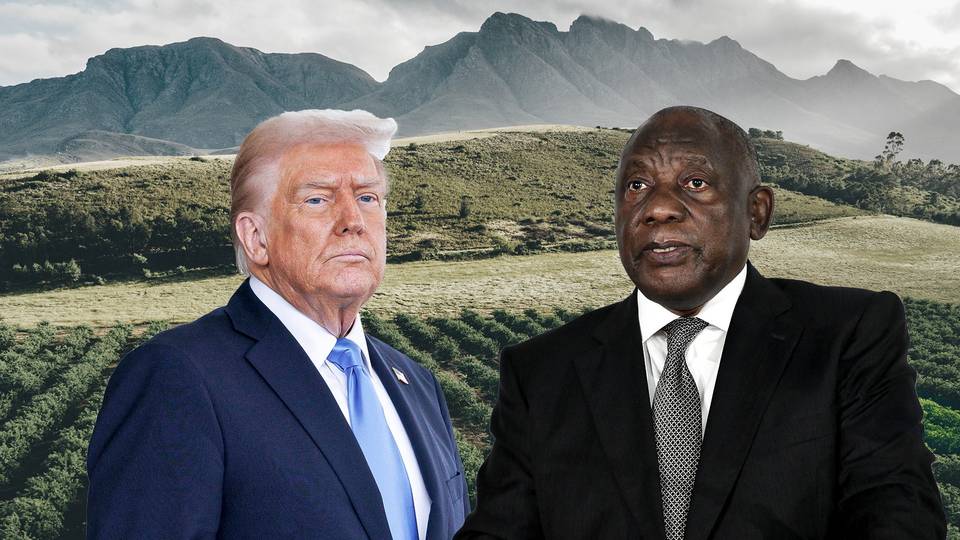Sport
Dollar
38,2552
0.34 %Euro
43,8333
0.15 %Gram Gold
4.076,2000
0.31 %Quarter Gold
6.772,5700
0.78 %Silver
39,9100
0.36 %Ankara has been playing a vital role in the African country for many decades and the latest pact will help Mogadishu economically in several sectors.

By Ibrahim Alegoz,
Turkish Minister of National Defense Yasar Guler and his Somali counterpart met in Ankara recently to sign the Framework Agreement on Defense and Economic Cooperation.
On February 21, the Somali cabinet quickly approved the agreement, which facilitates the setting up of a joint naval force, with Türkiye committing to safeguard Somali waters for a decade and aiding in the advancement of maritime resources in the African nation.
The agreement not only offers a unique chance to uplift Somali-owned economic and security mechanisms but also has potential implications for the region, and international actors should support it.
International resources and flows are not unlimited, nor are they sustainable in the long haul. What should be expected from the deal, and how may it contribute to regional security as well as to the well-being of the people once it is put into practice?
The Horn of Africa has long been considered a region of significant importance in the great power politics during the Cold War due to its strategic location, which made it a proxy zone between the two superpowers.
Although its strategic importance diminished following the end of the Cold War, it gained renewed interest within the framework of the so-called global war on terror.
The region harbours the Red Sea and the Gulf of Aden on its shores, neighbouring Saudi Arabia and Yemen across the stream, and is a gateway to the Indian Ocean and a vital strait into the Red Sea.
The Horn of Africa witnessed some of the fiercest conventional warfare of the 20th century, such as the 1977–78 Ethiopia–Somali war and the 1999–2000 Ethiopia–Eritrea border conflict at the dawn of the millennium.
Yet, perhaps none of the political events in the region have had as transformative consequences as the disintegration of the Somali state in 1991 showcased.
What came after has presented two challenges for the international security architecture: the emergence of terrorism following the Ethiopian military intervention in Somalia in late 2006 and the piracy threat off the coast of Somalia and the Gulf of Aden.
These two phenomena imply that, in one way or another, unregulated violence is initially linked to how coercion has been utilised to establish order in the absence of a state of security.
The international community has invested hundreds of billions of dollars in Somalia’s state-building initiatives since 1991 and spent as much to tackle terrorism as well as piracy in the Gulf of Aden.
Of course, it is a challenging venture with its upsides and downs. Often, locally owned efforts go hand in hand with externally driven approaches, and the possibility of success and failure is always there.
However challenging they may be, they are nonetheless instructive for the next initiatives. Perhaps now is the time to explore alternative approaches and move forward in Somalia.
Search for stability in the Horn of Africa
In 2011, Turkish President Recep Tayyip Erdogan visited the capital Mogadishu at the invitation of then-Somali President Sheikh Sharif, in an environment of drought and humanitarian tragedies that deeply affected millions of lives in Somalia.
The visit is considered a turning point in the eyes of Somalis, as it was the first by a leader of a non-African country since 1991.
In fact, on February 21, 2024, Somali President Mahmoud made a statement after the cabinet meeting, “Somalia has many allies and friends who supported its recovery efforts. However, one of those friends who deserves special recognition is Türkiye. Türkiye has supported Somalia in averting the devastating 2011 famine and the then-PM Erdogan’s visit was significant.”
The visit opened a new chapter in bilateral relations between the two countries, dating back to the 16th century. Since 2011, Türkiye has mobilised humanitarian diplomacy initiatives primarily in response to the urgent humanitarian needs of the Somali people, such as food, health, and shelter.
Humanitarian assistance was followed by technical assistance and capacity-building activities to uplift Somalia’s state mechanisms in various sectors.
For instance, in September 2017, the TURKSOM Military Training Base was launched in Somalia as part of the security parameter, one of the critical elements of state-building.
TURKSOM provides training for the Somali army, which plans to take over the nation's security from African Union troops.
Türkiye's Ambassador to Mogadishu, Mehmet Yilmaz – who served between 2018 and 2022 – had revealed that Türkiye was on track to train about a third of the Somali military forces, that is an estimated 15,000–16,000 personnel.
A year earlier, Türkiye's largest embassy opened in the capital, Mogadishu, during the tenure of current Somali President Mahmoud.
Three main elements stand out in Türkiye's Horn of Africa initiatives. Türkiye’s governmental and non-governmental institutions link their humanitarian aid to capacity building, contribute to Somali coastal security in accordance with the UN Security Council resolution as a prominent NATO member, play an important role in Somalia's security sector reform, and maintain symmetrical and strategic bilateral relations with Horn of Africa countries ranging from defence to security and trade.
The latest agreement between the two nations can best be understood against the backdrop of their 13-year history of bilateral relations.
Potential gains for Somalia and the region
The agreement between Türkiye and Somalia has direct and indirect potential gains for the Somali economy, coastal security, and the wider region.
It has the potential to open the door to a wide-ranging process, including coastal security, water resources and fisheries sectors, modernisation and development of ports, transportation, logistics, and the tourism sector, especially the piracy issue off the Somali coast.
Somalia's coastline is the longest in Africa, stretching 3,898 kilometres from Djibouti in the north to Kenya in the south, and it is home to some of the most productive ecosystems in the western Indian Ocean.
Somalia also has an exclusive economic zone of nearly 1,000,000 square kilometres extending 200 nautical miles offshore.
However, it is far from realising the economic potential of its marine resources. The main reasons include inadequate infrastructure for the fisheries sector and logistics services and above all, issues related to various elements of the security architecture.
With the longest coastline and vast marine resources on the African continent, Somalia's maritime zone is particularly vulnerable to illegal, unreported and unregulated fishing and related crimes.
Somalia loses $300 million a year to illegal and unregulated fishing – local marine resources are also damaged as foreign vessels, sometimes dynamite fish, affecting the livelihoods of local fishermen.
While still underdeveloped, the national fisheries sector is nonetheless very important as it provides food, livelihoods, income, and employment opportunities for over 400,000 Somalis who are directly or indirectly engaged in various activities in the fisheries value chain and related services.
Yet despite all this, according to a study published by the Heritage Policy Institute and Mogadishu City University, the fisheries sector generates $135 million annually, equivalent to about two percent of Somalia’s gross domestic product.
Therefore, the fisheries sector has the potential to generate up to $500 million a year in value to kick-start the Somali economy. Moreover, if it reaches its sustainable potential, the country could harvest over 200,000 metric tons of fish annually.
However, government data shows that in 2022, local fishermen caught around 6,000 metric tons. In contrast, industrial foreign vessels harvest an estimated 13,000 metric tons annually.
As part of the Türkiye-Somalia cooperation, revenues generated from investments in the navy and maritime sectors should provide training and equipment to Somali fishermen, improve infrastructure, and develop new projects to protect marine resources. It also means diversifying the scarce resources in the country.
Moreover, it can potentially grow the fisheries sector by attracting foreign investment to generate sustainable export revenues.
Piracy has also long threatened international logistics and shipping companies, particularly those operating in the Gulf of Aden. According to oil analytics firm Vortexa, over 7.80 million barrels per day of crude and fuel cargo passed through the strait in the first 11 months of 2023, up from 6.60 million bpd in 2022.
According to data gathering platform Statista, piracy attacks in Somali waters peaked in 2011, when 160 incidents were recorded, rising to 358 in the five-year period between 2010 and 2015. This figure declined to eight in the seven years between 2016 and 2022. However important the figures may be, they sometimes do not tell the whole story.
According to a 2010–2012 report by the House of Commons, “Naval operations off the coast of Somalia cost around two billion dollars a year. The problem is that these expenditures only treat the ‘symptoms of the disease’ and do almost nothing to address the root cause of the problem.” The total cost of piracy, moreover, rose to about 7 billion USD in 2011 with additional expenditures.
It is noteworthy to stress that symptoms tend to re-emerge if the root causes have not been adequately and sufficiently addressed. The agreement should be expected to contribute significantly to the ongoing international efforts by ensuring security off the Somali coast and unlocking the economic potential of the coastal countries.
It has the potential to provide the opportunity for the revitalisation of the port, logistics, and transportation sectors and the establishment of a more constructive and profitable mechanism for the region by bolstering trade, transportation, and economic opportunities if they are skillfully navigated for the well-being of the people in the region.
The author, Dr. Ibrahim Alegoz, is affiliated with Ibn Haldun University, department of political science and international relations. He is the author of two forthcoming books: “Foreign Intervention and Radicalization in Somalia: How and when does conflict evolve into violence” and “Türkiye’s Humanitarian Diplomacy Policy in Somalia: Methods and Instruments.” His area of interest includes political violence, conflict, military interventions and Türkiye - Africa Relations with a special focus on Somalia.
Disclaimer: The views expressed by the author do not necessarily reflect the opinions, viewpoints and editorial policies of TRT Afrika.
➤Click here to follow our WhatsApp channel for more stories.
Comments
No comments Yet




















Comment